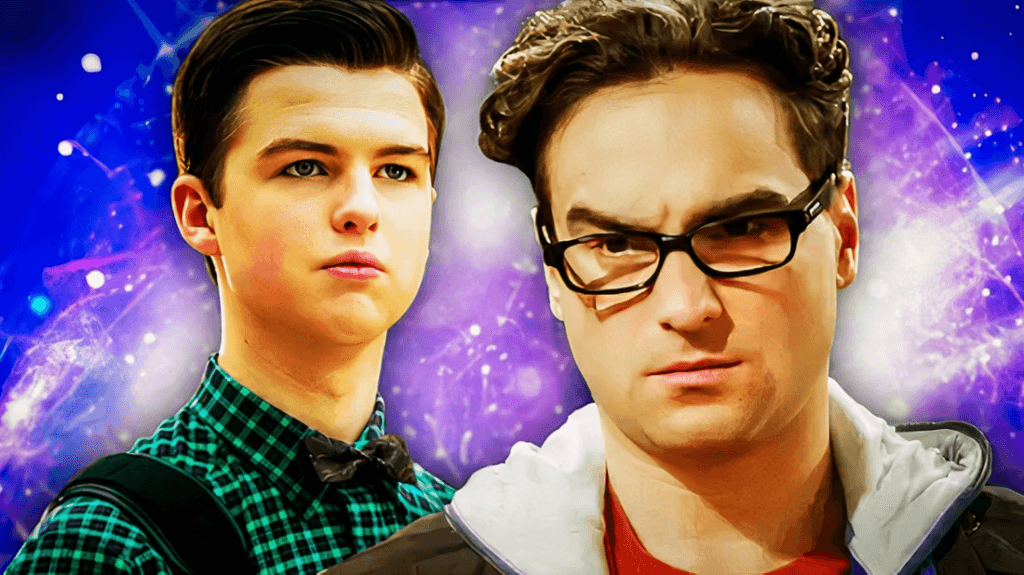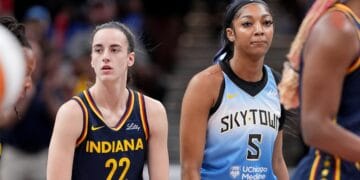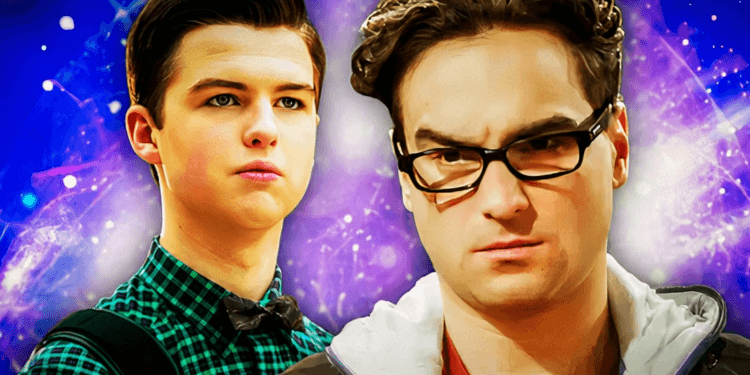
Although Young Sheldon’s series finale implied The Big Bang Theory’s Leonard might be dead in one throwaway line, killing off the character would profoundly reshape the entire sitcom franchise. Young Sheldon’s series finale was a fitting ending for The Big Bang Theory’s spinoff, with the nostalgic family comedy jumping ahead into the future and introducing an older version of Sheldon as its narrator. Sheldon’s hubris and self-importance were back after his atypically sweet speech in The Big Bang Theory’s finale but, fortunately, Amy convinced him to focus on his family over his legacy as the series ended.
However, the ending wasn’t without its controversies. While Young Sheldon season 7 improved Meemaw’s role, the final episode never explained why her character changed so much between Young Sheldon and The Big Bang Theory. Similarly, Sheldon and Missy’s adolescent friendship ended on an odd, awkward note as he left for college in California. Neither of these issues gained as much attention as one comment Sheldon made about Penny, which some viewers read as a worrying canon revelation. In the final episode, Sheldon tells Amy that they should never have allowed Penny to babysit their children during a conversation.
Leonard’s Death Makes Penny’s Big Bang Theory Ending Worse
Penny’s Pregnancy Gains A Tragic Edge Thanks To This Twist

Although Sheldon might have singled out Penny because he was complaining about her influence, this comment still struck a chord. Viewers began to wonder why Sheldon didn’t say Leonard and Penny and theorized that Leonard might have died after The Big Bang Theory’s finale. There are other reasons Sheldon might not have mentioned Leonard. His friend might have been busy when Penny babysat their children, or he may have felt that Leonard’s presence had nothing to do with their daughter developing an interest in acting classes. However, there is still a possibility that Sheldon’s comment obliquely referenced Leonard’s death.
Penny never wanted to have children until The Big Bang Theory ’s finale, while Leonard was always eager to have kids.
Confirming this would make The Big Bang Theory’s most divisive story immeasurably sadder. Penny never wanted to have children until The Big Bang Theory’s finale, while Leonard was always eager to have kids. The couple went back and forth on the topic for years, with not one, but two episodes in the final season entering this conflict. Despite this, The Big Bang Theory’s finale still revealed Penny was pregnant. If Leonard never got the chance to parent his children and Penny was forced to raise them alone, this would make the character’s already-divisive final pregnancy even more controversial.
6Leonard Dying Ruins A Potential Big Bang Theory Spinoff
A Sequel Focused On The Gang’s Kids Wouldn’t Work Without Leonard

Learning that Leonard died before he could experience fatherhood would be sad for him and Penny, but it would also be bad news for the future of The Big Bang Theory’s best potential spinoff. A sequel series could focus on The Big Bang Theory gang’s children much like That ‘90s Show centers on the children of That ‘70s Show’s heroes. However, this would be impossible if Leonard was dead since The Big Bang Theory’s original stars would need to play a supporting role for this format to work. The sequel would fall flat without Johnny Galecki’s return as Leonard.
Neither Penny nor Leonard would be particularly interesting without their partner.
There’s no denying the fact that Kaley Cuoco’s The Big Bang Theory heroine Penny was a big part of the original show’s appeal. However, neither Penny nor Leonard would be particularly interesting without their partner. It was the chemistry between the duo and their differences that made their relationship compelling. Thus, a sequel series that followed up The Big Bang Theory by introducing the pair’s children would need Penny and Leonard to play a role in its story. The Big Bang Theory’s follow-up revealing that Leonard died would make its plot tragic before it even began, and this event would inevitably reshape the show.





































